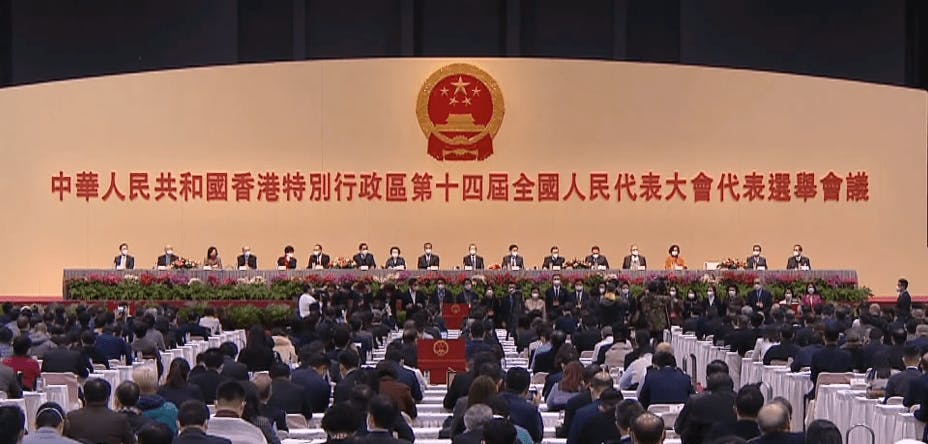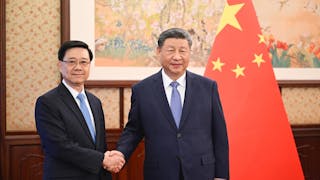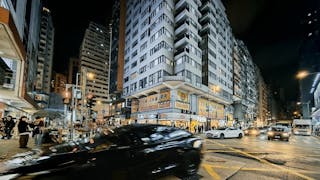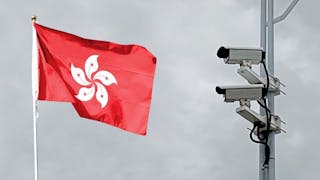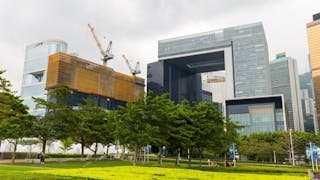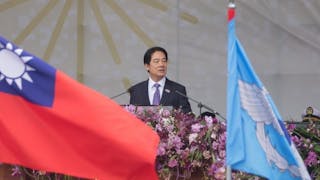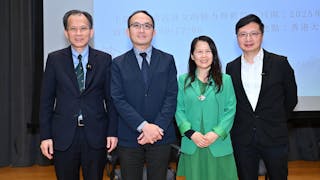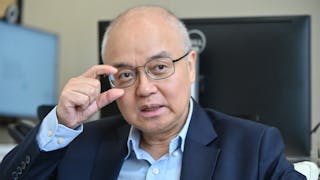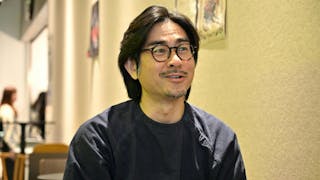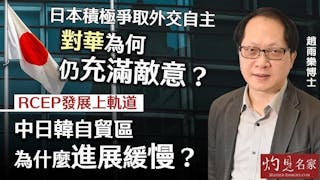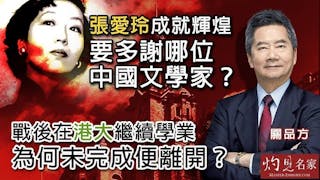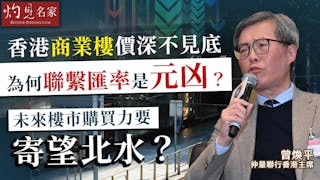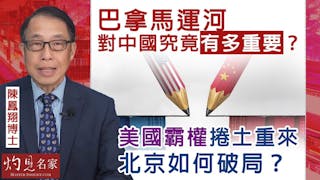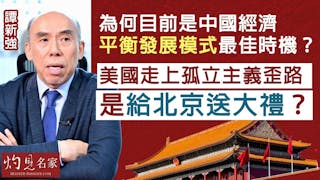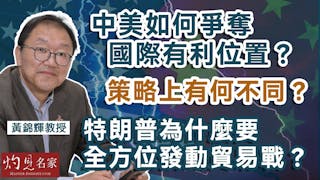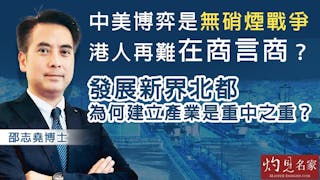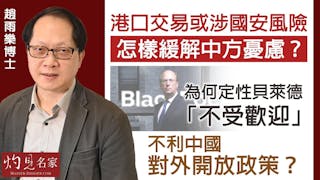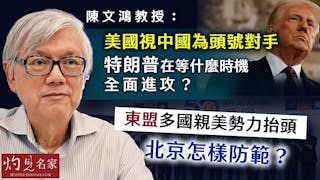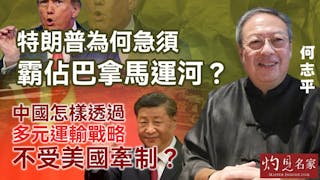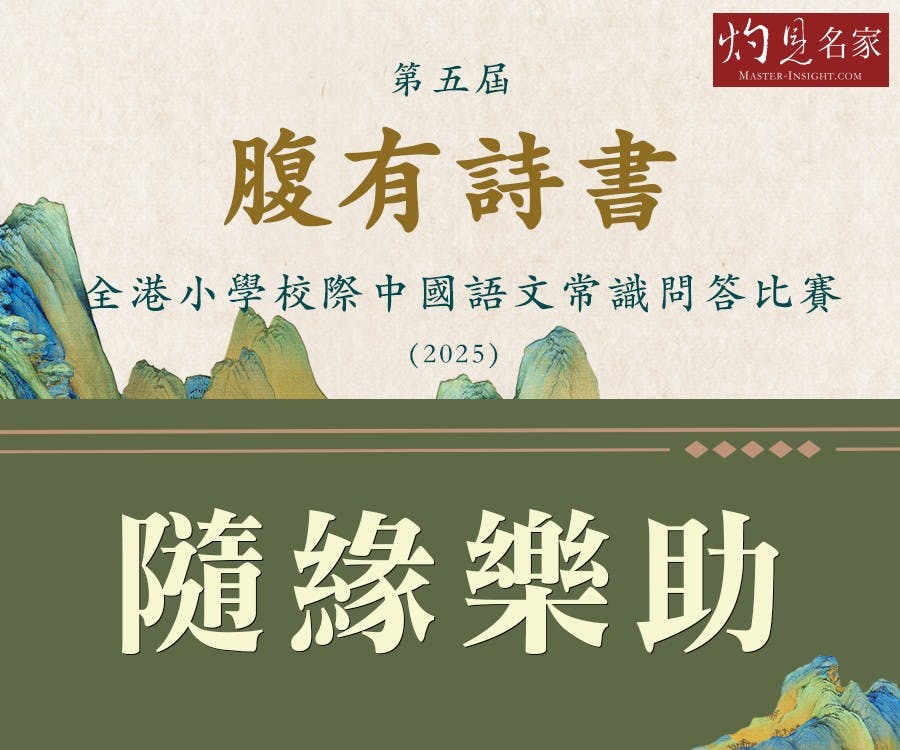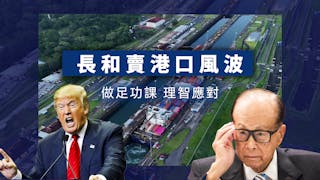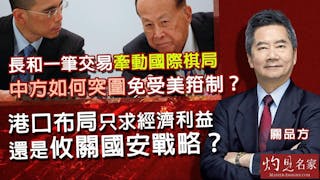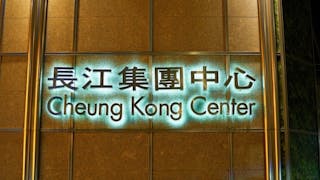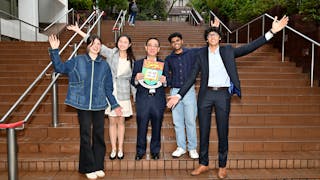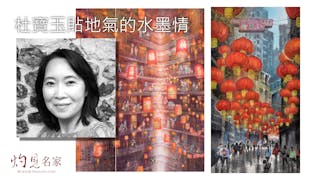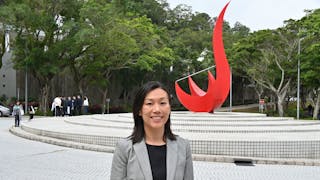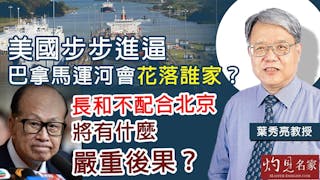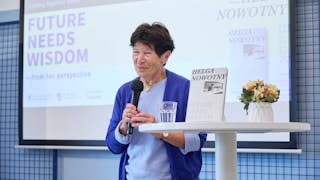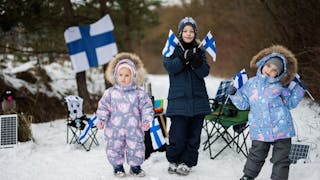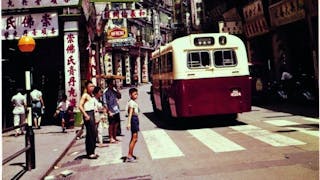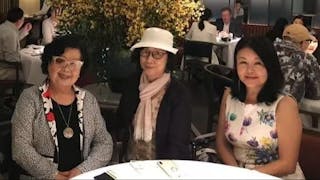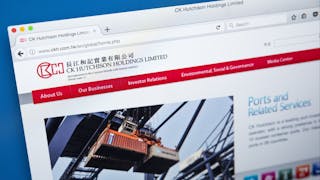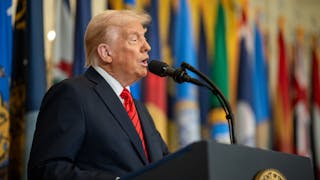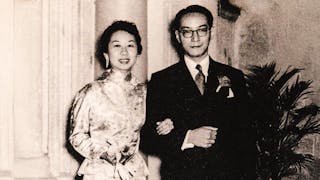從12月15日港區全國人大代表選舉結果來看,由1273名選舉會議成員以全票制方式投票。這場競爭激烈的選舉根據候選人的聲譽和政治背景進行選擇。雖然親北京的民建聯候選人似乎佔據上風,無黨派的獨立候選人總體上也表現出色──可見港區全國人大選舉的競爭氣氛激烈。
下文表一總結了港區全國人大代表的選舉結果。
當選人五大特徵
港區全國人大代表當選人通常具有5個特徵。首先,他們的名氣都很大,例如科大校長葉玉如教授獲得最高票數,第二是霍啟剛,獲得1248票。
其次,他們之中大多數與香港的各個愛國團體有很強的聯繫,包括民建聯和經民聯。
第三,15名現任港區全國人大代表以候選人身份參選往往佔上風,只因他們地位穩固和獲多數選舉會議成員的廣認可而當選。畢竟,投票的1273名選舉會議成員中有許多人隸屬於本地的愛國團體。再者,12名現任立法會議員當選,佔港區全國人大代表的三分之一,表明他們深受選舉會議成員歡迎。
第四,民建聯雖然有7名議員當選,但也有不少無黨派的獨立候選人勝出,證明與愛國團體的關係和個人名譽可以與黨派候選人相媲美。經民聯有兩名成員當選,分別是梁美芬和吳永嘉;自由黨成功兩名候選人勝出,分別是陳曉峰和李鎮強。從政黨政治的角度來看,民建聯仍然比經民聯和工聯會強大得多。第五是部分全國政協委員成功當選為全國人大代表,政治升遷取得成功。例子包括霍啟剛、陳仲尼、凌友詩、樓家強、李慧琼和黃英豪。
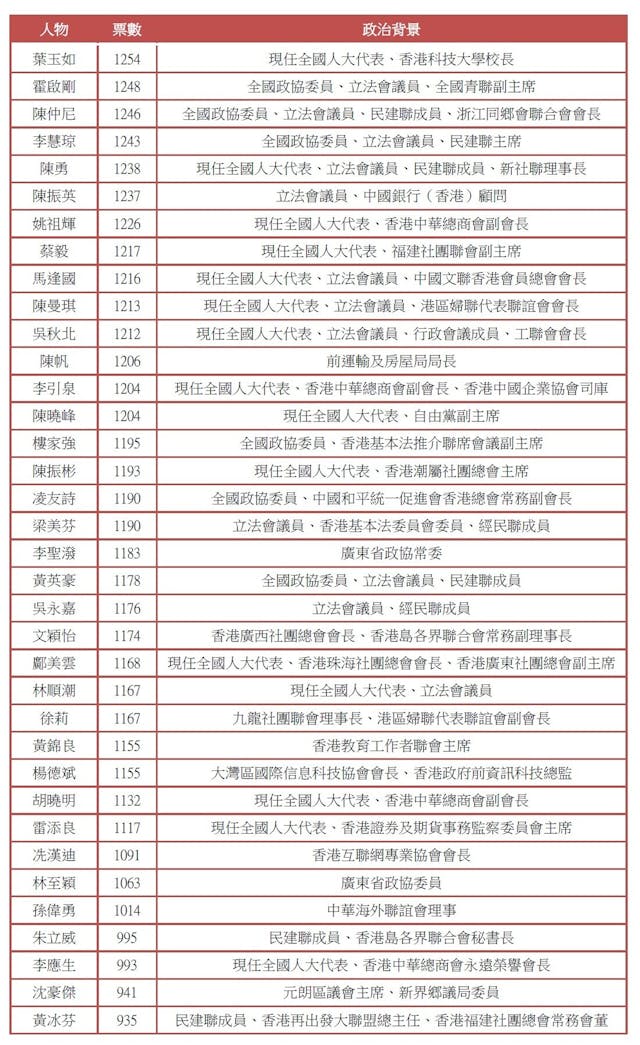
落選人聲譽有待提升
下表二顯示了6位落敗的候選人,他們表現出色,然而,接替工聯會前副會長鄭耀棠的謝愛紅落選,顯示她與其他愛國團體的聯繫相對較弱。此外,她的個人聲譽似乎需要更多時間在選舉會議成員中建立起來。一些觀察家將謝愛紅的落選歸因於選舉會議組成的結構性變化,其成員來自許多其他親北京組織,特別是宗親會和同鄉會、婦女聯合會、地區社團總會(港島社團總會、九龍社團總會和新界社團聯會)和其他商業機構。結果,工聯會的作用和影響因選舉會議成員的新安排而受到限制。
同樣,前全國人大常委范徐麗泰的兒子范駿華落選,顯示他的權力基礎和聲譽需要時間來建立,儘管全國青年聯會是愛國陣線的重要團體。未來幾年,香港全國人大代表選舉的新人要增加政治份量還需要一段時間。儘管如此,被擊敗的候選人仍有機會取代任何可能在未來騰出位置的當選人。
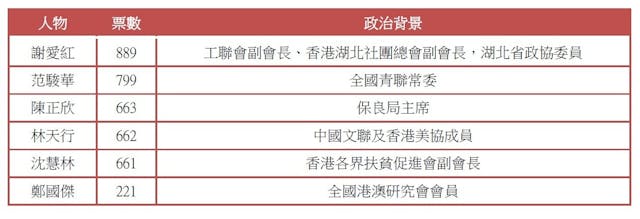
港區全國人大代表選舉的一個有趣現象是,有173名選舉會議成員缺席投票,據報道,一些缺席者確診了新冠病毒。其中一名缺席的選舉會議成員是前行政長官董建華,據報他因健康理由缺席。
全國人大代表作用重要
鑑於民建聯重量級人物譚耀宗卸任全國人大常委會委員一職,外界猜測誰將接替他的位置。傳媒提到3名當選的香港全國人大代表,包括李慧琼、馬逢國和吳秋北。到2023年3月全國人大會議召開,人大代表選舉全國人大常委會委員時,情況就會明朗化。
港區全國人大代表的作用很重要:他們是香港特別行政區與北京中央政府之間的橋樑。當選的港區全國人大代表將如何向中央清楚表達香港的利益,反映港人的意見,還有待觀察。
總之,最近舉行的港區全國人大代表選舉取得了圓滿成功。選舉結果顯示,個人聲望高的候選人更受選舉會議成員歡迎。學術界的葉玉如和立法會議員霍啟剛能夠以最高票數當選,說明無黨派候選人也能大獲全勝。許多其他隸屬於愛國陣線團體的候選人往往有很好的選舉表現。現任立法委員和全國人大代表明顯佔據上風,而部分政協委員沿政治階梯順利攀升。如果說「愛國者治港」是香港特區的政治新秩序,那麼港區全國人大選舉無疑是這一政治發展的見證。
AnAnalysisofthe2022NationalPeople’sCongressElectioninHongKong
Judging from the results of the election of the Hong Kong members to the National People’s Congress (NPC) of the People’s Republic of China (PRC) on December 15, the election was a competitive one in which 1,273 voters cast their ballots freely and made their choices in accordance with the candidates’ reputation and political background. While candidates affiliated with the pro-Beijing Democratic Alliance for Betterment and Progress of Hong Kong (DAB) seemed to have an upper hand, independent candidates without party affiliation did very well in general – a testimony to the competitive atmosphere in the Hong Kong NPC election.
Table 1 below sums up the results of the elected candidates who ran for the election of the Hong Kong NPC members.
The elected candidates tended to have five characteristics. First, they are highly reputable, such as Professor Nancy Ip who got the highest number of votes, followed by Kenneth Fok who acquired 1248 votes. Second, most of them have strong affiliation with various patriotic groups in the Hong Kong Special Administrative Region (HKSAR), including the DAB and BPA. Third, the fifteen incumbent NPC members running as candidates tended to have an upper hand and were all elected because of their established status and wide recognition among a majority of the voters of the Election Committee. After all, many of the 1,273 voters who cast their ballots were affiliated with local patriotic interest groups. Third, twelve existing LegCo members were elected, showing their popularity among the voters, and occupying one-third of the elected Hong Kong NPC members. Fourth, although the DAB had seven members who were elected, many independent candidates without party affiliation also won the election – evidence pointing to the fact that affiliations with patriotic groups and personal reputation could rival the party-affiliated candidates. The Business Professionals Alliance (BPA) had two candidates elected, namely Priscilla Leung and Jimmy Ng. The Liberal Party (LP) managed to get two members elected, namely Nicholas Chan and Tommy Li. From the perspective of party politics, DAB remains much stronger than the BPA and LP. Fifth, some CPPCC members succeeded in getting elected as NPC members, showing their success in climbing up the political ladder. Examples include Kenneth Fok, Rock Chen, Ling Yu-shih, George Lau, Starry Lee, and Kennedy Wong.
Table 1: The 14th Election of the Hong Kong NPC Members

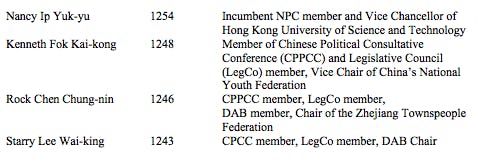
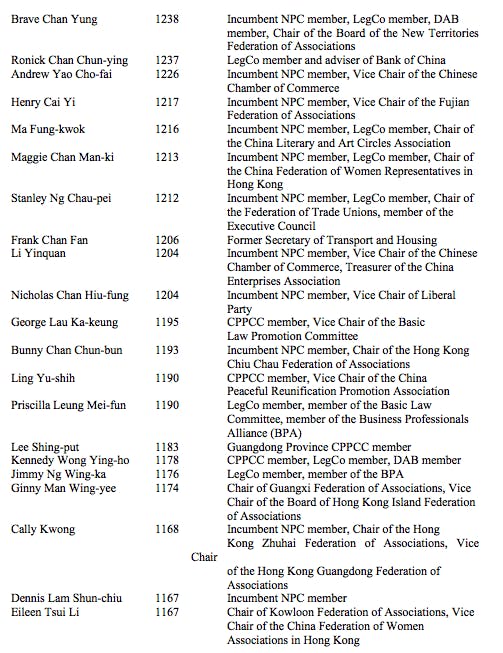
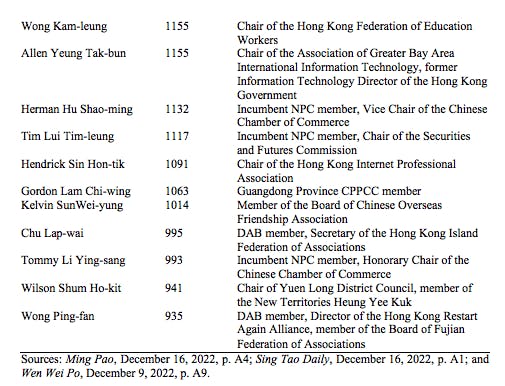
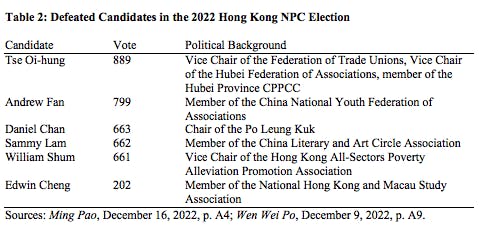
One interesting phenomenon of the Hong Kong NPC election was that 173 voters of the Election Committee were absent from voting. Some of the absentees were reportedly affected by Covid-19. One of the absentees was the former Chief Executive Tung Chee-hwa, who was absent reportedly due to health reasons.
Given that DAB heavyweight Tam Yiu-chung stepped down from the position of being a Hong Kong member of the NPC standing committee, there are speculations on who would likely replace him. Three elected Hong Kong NPC members have been mentioned in the local media, including Starry Lee, Ma Fung-kwok and Stanley Ng. The situation will become clear in March 2023 when the NPC meeting will be held and as NPC members will elect the members of the NPC Standing Committee.
The role of Hong Kong NPC members is important: they serve as a bridge between the HKSAR and the central government in Beijing. It remains to be seen how the elected Hong Kong NPC members will articulate the interests of Hong Kong and reflect the views of the Hong Kong people to the central authorities.
In conclusion, the recent election held for the Hong Kong NPC members was a great success. The election results showed that those candidates with strong personal reputations tended to be popular among the voters of the Election Committee. The fact that academic Nancy Ip and legislator Kenneth Fok could be elected with the highest number of votes showed that candidates without party affiliations could be very successful. Many other candidates affiliated with the groups on the patriotic front tended to have a strong electoral performance. Incumbent legislators and NPC members obviously had the upper hand, while some CPPCC members climbed up their political ladder successfully. If “patriots ruling Hong Kong” is the new political order of the HKSAR, the Hong Kong NPC election is undoubtedly a testimony to this political development.
原刊於澳門新聞通訊社(MNA)網站,本社獲作者授權轉載。網址: https://www.macaubusiness.com/opinion-an-analysis-of-the-2022-national-peoples-congress-election-in-hong-kong/



